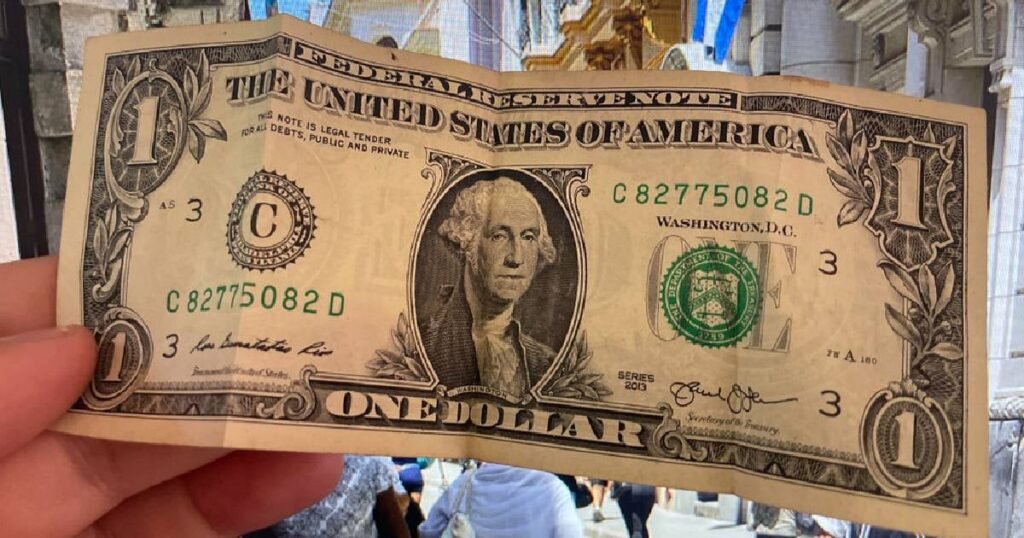This Sunday, the U.S. dollar saw a moderate decline in value within Cuba’s informal market. The American currency dropped by ten pesos, landing at 320 CUP. Similarly, the euro also fell by ten units, now valued at 335 CUP after several days of being pegged at 345. The MLC (Freely Convertible Currency), at 1:25 p.m. local time on July 14, was quoted at 285 pesos, five units less than this past Friday.
Today’s Exchange Rates in Cuba: July 14, 2024 – 1:25 p.m.
According to elTOQUE, the exchange rates are as follows:
- USD to CUP: 320 CUP
- EUR to CUP: 335 CUP
- MLC to CUP: 285 CUP
Please note that these informal exchange rates in Cuba are neither officially recognized nor backed by any financial or governmental entities.
These moderate fluctuations come days after the Cuban government decided to cap the prices of six basic products. Private business owners and economists believe this move will exacerbate the food shortage on the island. Despite these concerns, the regime presented the resolution as an effort to mitigate the impact of inflation on consumers. Additionally, they eliminated the customs duty on the importation of these products by the private sector.
The Resolution 225/2024 from the Ministry of Finance and Prices sets the capped prices for the following products:
- Diced chicken: 680 pesos per kg
- Edible oils, excluding olive oil: 990 pesos per liter
- Powdered milk: 1,675 pesos per kg
- Pasta: 835 pesos per kg
- Sausages: 1,045 pesos per kg
- Powdered detergent: 630 pesos per kg
Impact of Currency Fluctuations on Cuba’s Economy
Given the recent changes in the exchange rates and government policies, here are some frequently asked questions and their answers to help understand the situation better.
Why did the U.S. dollar and euro drop in Cuba’s informal market?
The drop is attributed to recent government actions, including capping prices on basic goods and eliminating customs duties on their importation, which may have influenced market dynamics.
What is the significance of the informal exchange rates in Cuba?
Informal exchange rates reflect the real market value of currencies in Cuba, as opposed to official rates which may not accurately represent economic conditions.
How will the price capping of basic goods affect the Cuban economy?
Economists suggest that capping prices may lead to increased shortages as suppliers might reduce the availability of those goods, worsening the existing scarcity issues.







